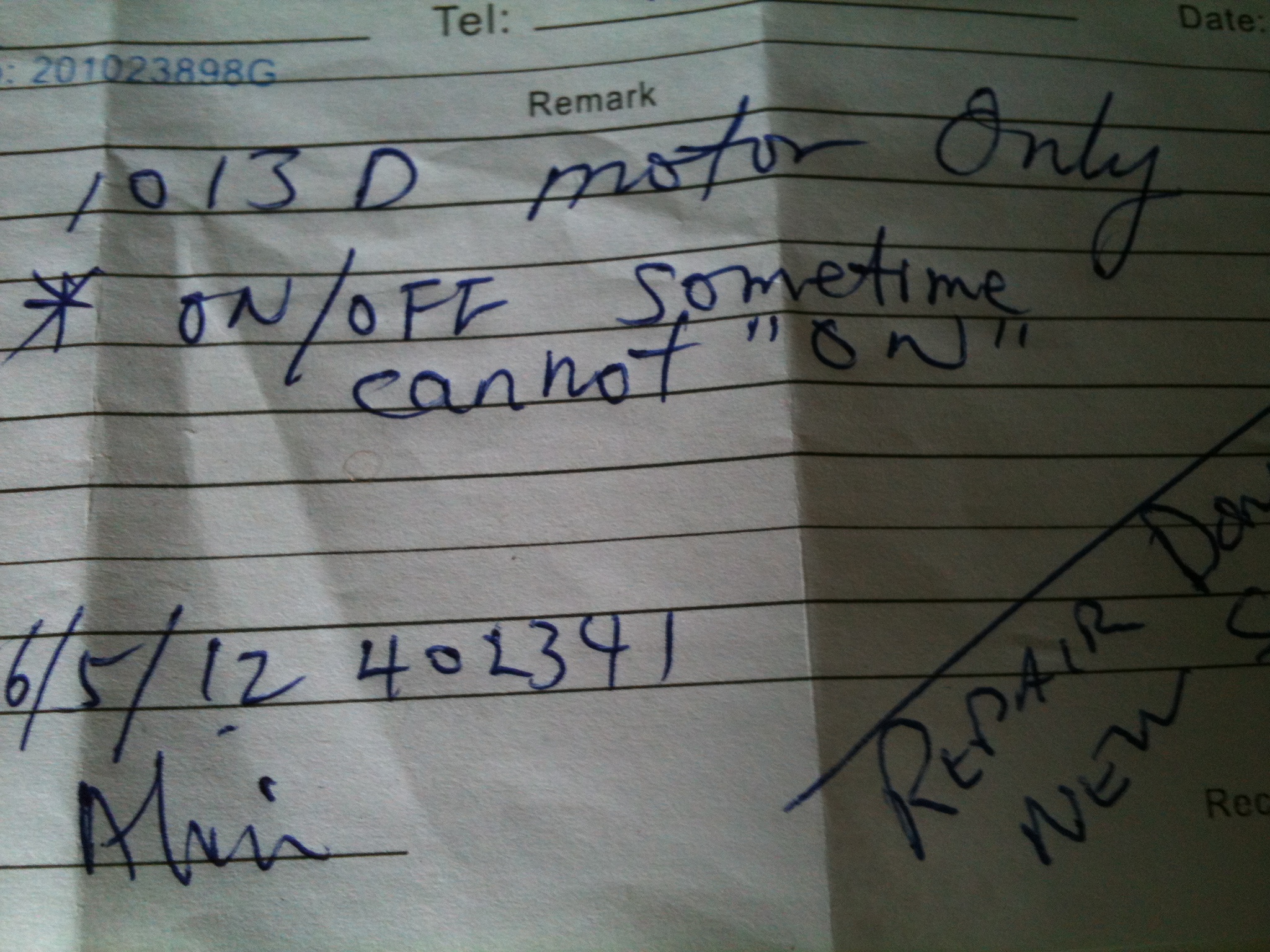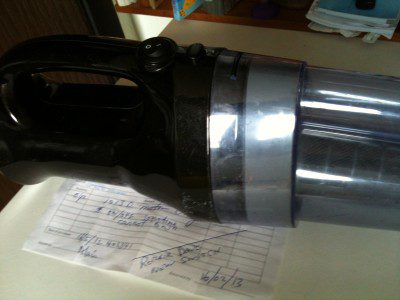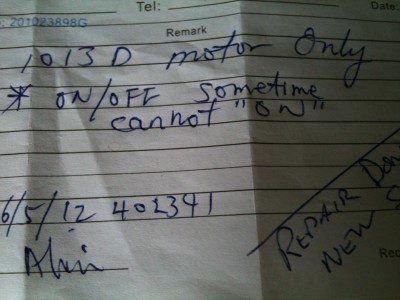Singapore is well-known for many things, one of which is ‘Singlish’, a term used to describe a unique brand of English spoken by the general Singaporeans. For Singaporeans, we speak and hear Singlish all the time; it is pointless to ridicule natives for not being to manage speaking English properly. What are schools for if everyone can speak English well already?
Learn Chinse
There is a difference between Singlish and bad English. To use Singlish correctly, you have to be a native speaker of either Hokkien, Mandarin, Cantonese, Malay or even Tamil. Bad English are used by everyone, even native English speakers. The difference can be from the subtle lack of grammar used in a sentence, for instance, “Why cannot join us?” to the bizarre like “Why ah, you don’t join us one?” Because people are apt to label other people for speaking badly, if they hear someone speak incorrectly on the local streets, they say that’s so Singlish. But if you were in Malaysia or Indonesia, the same sentence may not be label as Singlish.
Whether it is Singlish or bad English, as long as business gets done and life moves on, who is to say language is wrongly applied? Just recently, we sent our handheld vacuum cleaner for repair. Here is how the service note is written:
*ON/OFF sometime cannot “ON”
Those are the keywords used to describe what need to be serviced. It is the switch button. A few days ago, we got our vacuum cleaner back. We were given good service and had to pay nothing for the repair as it was still under warranty. I just had to speak Mandarin to them as I felt more comfortable, noticing that they had the swag of the Chinese businessmen. It does little to change any good impression we already had about their service from the time I spoke to them on the phone requesting for information on how to get the product repaired to the day when we collected it at the shop in Sim Lim Square. We spoke Singlish, English and Mandarin during the course of our dealings.
What’s interesting and perhaps is often overlooked by critics of Singlish and bad English is that life goes on successfully despite these setbacks. We are not retarded as a society just because we cannot use English properly. Business thrives on language, it does not matter how language is used as long as the usage of it brings benefit to the parties involved, especially if a good service has been rendered.
In many ways, our children grow up so accustomed to this brand of English, they hardly notice any difference between Singlish and bad English until they see their English test results. A glass of ‘teh tarik’ is not ‘white tea’, a cup of coffee without milk is not ‘black’ but just simply ‘coffee without milk’ or slippers don’t come in pairs but they are ‘slippers’ because there are two of them. The correct use of grammar for names of things, places and time, nouns as the English people call them, have very little impact on a child’s life as a local member of the society that don’t even care if you pass your English at school or not. $1.00 for a scoop of ice cream on a wafer cone is not worth anybody’s time to be critical of your badly spoken English.
“Singlish is better than no English”, that’s the policy. If you speak English well, you are likely to get smacked with a price tag so ridiculously high because you are considered ‘educated’. Try going to the wet market and speak good English with the fishmonger, vegetable seller or butcher. You WILL feel so out of place and so uneducated next to the housewife pushing a shopping trolley as she slips in beside you and starts haggling in Singlish, pigeon English or simple Mandarin, Hokkien, Cantonese, Malay or even Tamil. She successfully completes her buy, walks away with a glint of smile on her face leaving you standing there wondering what she did to drive home with such a good bargain. I have learnt from my mum who speaks no English. The isles are clearly marked ‘meat’, ‘poultry’, ‘fish’ and ‘vegetables’. But does she even care or read any of that?! She briskly walks up to the vegetable seller, order what she wants in Malay and walks away, sometimes still grunting under her breath after haggling for better bargain for a kilogramme of red onions or potatoes. “Mahal nah! Sepuluh sen pun susah nak kasi.” … “So expensive! It’s so hard to get a discount of 10cents.”
I guess I have spoken out for Singlish, although I am always in this love-hate relationship with it myself. When we teach, we expect our students to perform well so we take nothing less than good from them. But in reality, life in this country does not always depend on good English. It actually takes a lot of guts to speak good English on the streets. I even think to myself that unless I am dressed well or in school uniforms, it does not matter how well my English sounds like. No Tom, Dick or Harry needs you to show off your language skills in public. Looking at how people are making ends meet everyday in Singapore makes such great sense to think Singlish is better than no English.





Trackbacks/Pingbacks